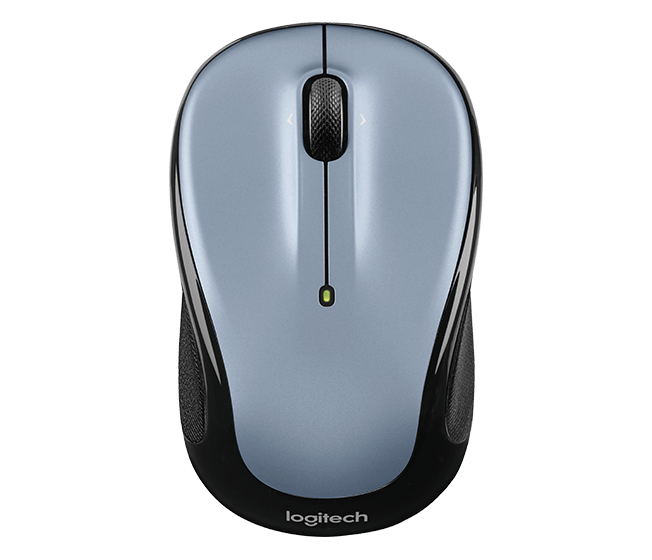
- Create full backup iso to usb windows 10 how to#
- Create full backup iso to usb windows 10 install#
- Create full backup iso to usb windows 10 upgrade#
Also, you need to be proactive about creating backups because you can only recover a system since the last backup. If you want to keep updated copies of your files, you should be using other solutions, such as OneDrive or File History. One thing to keep in mind with this tool is that it is meant to recover the entire system, not files and settings individually. It is also always recommended to periodically backup your computer if the unexpected happens, and you need to recover from system or hardware failure, malware, ransomware, or hacker attacks. Or when you are about to replace the main hard drive, or you need a quick way to transfer the installation and files without the need for reinstallation. You can use the built-in tool to create a temporary full backup in case you need to rollback.
Create full backup iso to usb windows 10 upgrade#
For instance, when you do not have another solution, and you are about to upgrade to a new version of Windows 10. Wrapping things upĪlthough there many other solutions to create a full backup of the entire system and files, there are still many reasons to choose the System Image Backup tool.
Create full backup iso to usb windows 10 install#
Once the backup has been restored, open Settings > Update & Security > Windows Update, and click the Check for Updates button to quickly install any missing security updates. It is always recommended to have the laptop connected to a power source and a desktop computer to an uninterruptible power supply (UPS) to avoid problems. If you are about to restore a device, do not interrupt the process as it can cause the backup to fail, making the device unbootable. The time to finish the restoration will depend on the amount of data and hardware configuration.

To restore a backup on Windows 10, use these steps: If you need to replace the hard drive or hardware failure occurs, you can use one of the backups to recover the device and files.
Create full backup iso to usb windows 10 how to#
How to restore a backup with system image tool on Windows 10 If you have valuable data, you may want to consider keeping the backup in a different physical location. While the backup is in progress, you can continue working on the device since it uses the "Shadow Copy" feature to backup files even if files are open and apps are running.Īfter the process is complete, you can disconnect and store the external drive in a safe place. Once you complete the steps, the tool will create an image of the entire system that includes everything on the primary hard drive and other drives you may have selected. If you have to restore the machine, you can use a USB installation media to access the recovery enviroment. Quick note: You'll also receive a prompt to create a system repair disc, but because most devices no longer include an optical drive, you can skip it. Source: Windows Central (Image credit: Source: Windows Central)


 0 kommentar(er)
0 kommentar(er)
